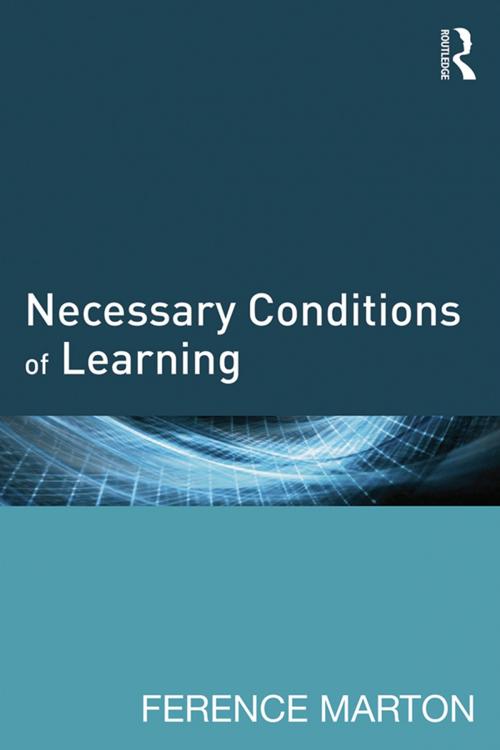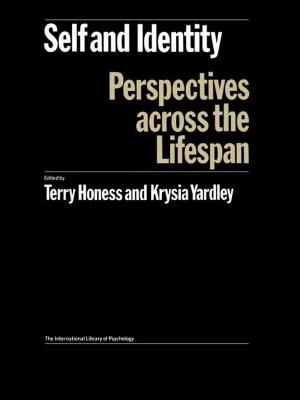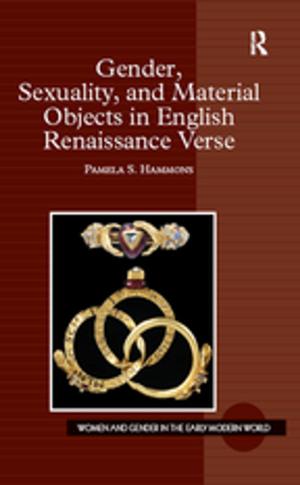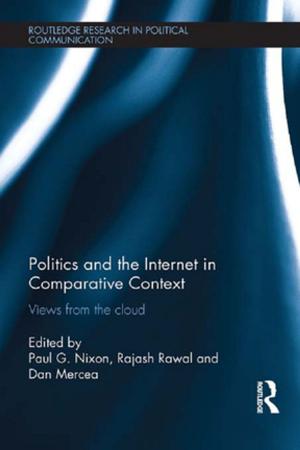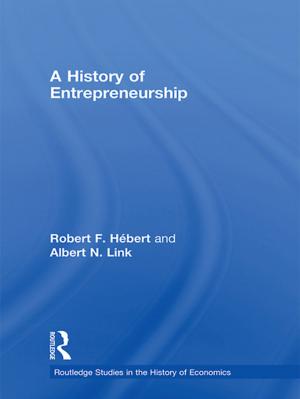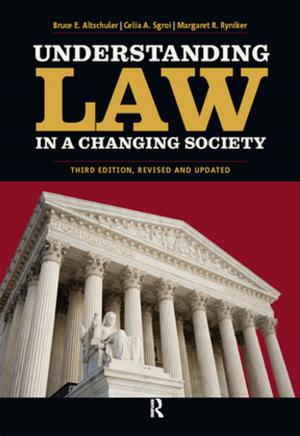Necessary Conditions of Learning
Nonfiction, Reference & Language, Education & Teaching, Educational Theory, Curricula, Educational Psychology| Author: | Ference Marton | ISBN: | 9781317811930 |
| Publisher: | Taylor and Francis | Publication: | June 20, 2014 |
| Imprint: | Routledge | Language: | English |
| Author: | Ference Marton |
| ISBN: | 9781317811930 |
| Publisher: | Taylor and Francis |
| Publication: | June 20, 2014 |
| Imprint: | Routledge |
| Language: | English |
Necessary Conditions of Learning presents a research approach (phenomenography) and a theory (the variation theory of learning) introduced and developed by Ference Marton and taken up by his wide and varied following around the world—together with their practical applications in educational contexts. Reflecting Marton’s whole lifetime's work, the unique and significant contribution of this book is to offer an evidence-based answer to the questions "How do we make novel meanings our own?" and "How do we learn to see things in more powerful ways?"
The presentation makes use of hundreds of empirical studies carried out in Europe and Asia which build on the theory. The line of reasoning and the way in which the examples are put together is consistent with the theory—it is both presented and applied. The main argument is that in order to learn we have to discern, and to discern the intended ideas we must be presented with carefully structured variation, against a background of invariance. We then go through processes of contrast, generalization, and fusion in order to make sense. These insights form a practical framework for those who design teaching and teaching materials. Necessary Conditions of Learning is a major original work for which scholars of pedagogical theory have been waiting a long time.
Necessary Conditions of Learning presents a research approach (phenomenography) and a theory (the variation theory of learning) introduced and developed by Ference Marton and taken up by his wide and varied following around the world—together with their practical applications in educational contexts. Reflecting Marton’s whole lifetime's work, the unique and significant contribution of this book is to offer an evidence-based answer to the questions "How do we make novel meanings our own?" and "How do we learn to see things in more powerful ways?"
The presentation makes use of hundreds of empirical studies carried out in Europe and Asia which build on the theory. The line of reasoning and the way in which the examples are put together is consistent with the theory—it is both presented and applied. The main argument is that in order to learn we have to discern, and to discern the intended ideas we must be presented with carefully structured variation, against a background of invariance. We then go through processes of contrast, generalization, and fusion in order to make sense. These insights form a practical framework for those who design teaching and teaching materials. Necessary Conditions of Learning is a major original work for which scholars of pedagogical theory have been waiting a long time.
